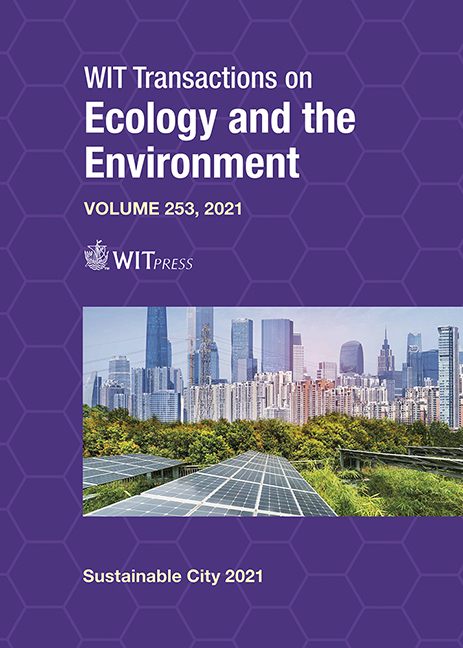EDUCATION FOR SUSTAINABLE DEVELOPMENT: A STAKEHOLDER ANALYSIS BETWEEN A CHINESE AND SINO-FOREIGN UNIVERSITY
Price
Free (open access)
Transaction
Volume
253
Pages
11
Page Range
463 - 473
Published
2021
Size
499 kb
Paper DOI
10.2495/SC210381
Copyright
Author(s)
AYOTUNDE DAWODU, FRANKLYN AWONFOR, HAOYUE DAI, SHENGYU LI, CHENGYANG WU, XIAOYAN YANG, ZIYI YAN
Abstract
As the development of Sino-foreign universities in the current decade has grown significantly, the differences between Sino-foreign universities and standard universities in China has become a key topic of discussion. There is a lack of comparative studies on Sino-foreign universities and Chinese universities, and even more so on topics such as sustainable development. Currently, campuses within China have a huge impact on resource depletion, environmental pollution and social interactions and development. Also, universities are key players in knowledge creation and transformation, talent cultivation and technical innovation, and nationally it is recognized that the growth and development of campuses is critical to the overall sustainable development within China. Thus, this research aims to enhance the Education for Sustainable Development (ESD) in China through understanding the strengths and weaknesses of the ESD approach between a Sino-foreign universities and normative universities. This is executed through stakeholder analysis, which involves identifying, categorizing, and investigating the relationship within university stakeholders with regard to ESD. Further analysis is conducted with an interest and influence matrix chart that determines the priorities and influences of university stakeholders. Two universities (Chinese university – Ningbo University and Sino-foreign universities – University of Nottingham Ningbo China) will be used as case studies within China to draw out the synergies and differences of ESD.
Keywords
Sustainability, education for sustainable development, stakeholders, stakeholder analysis





